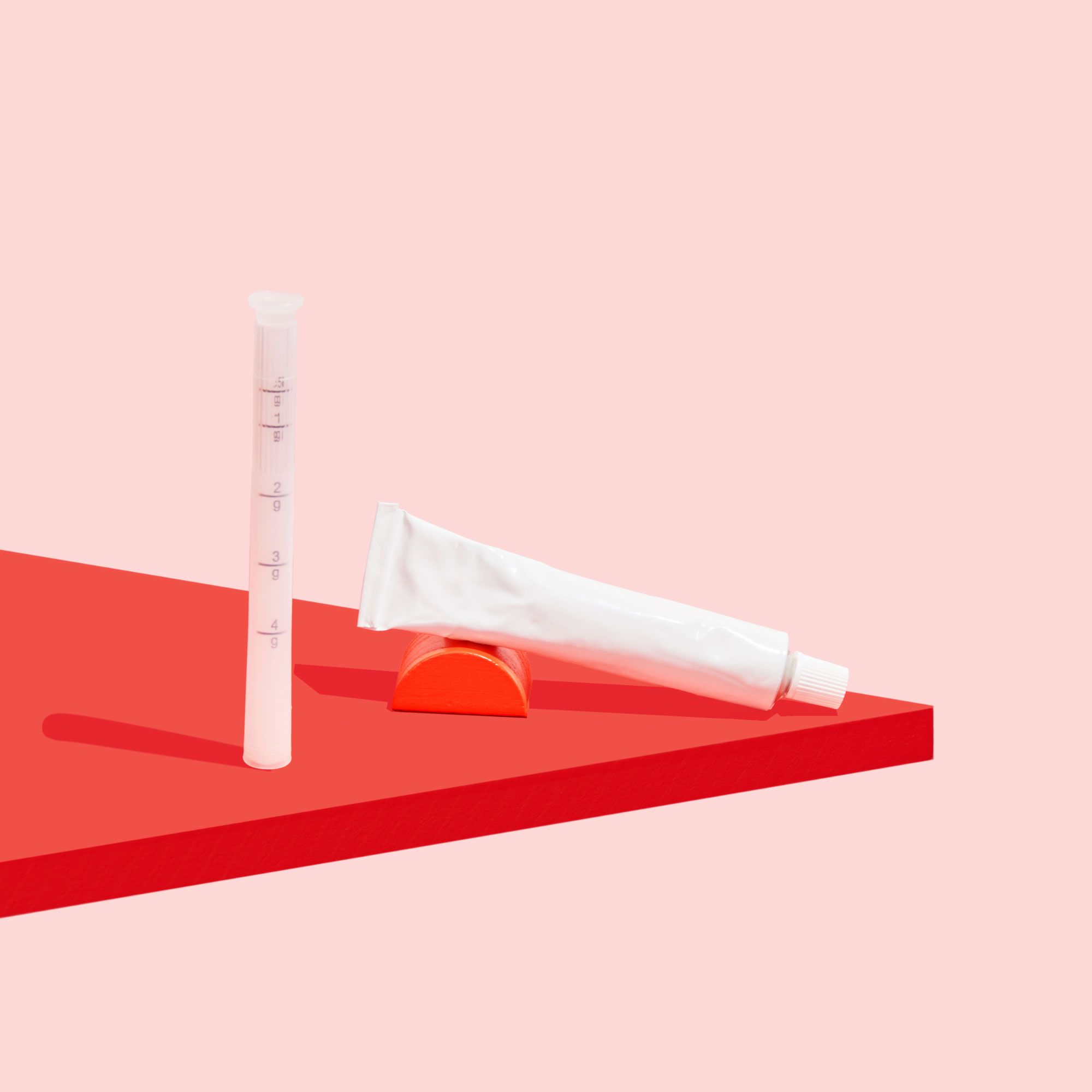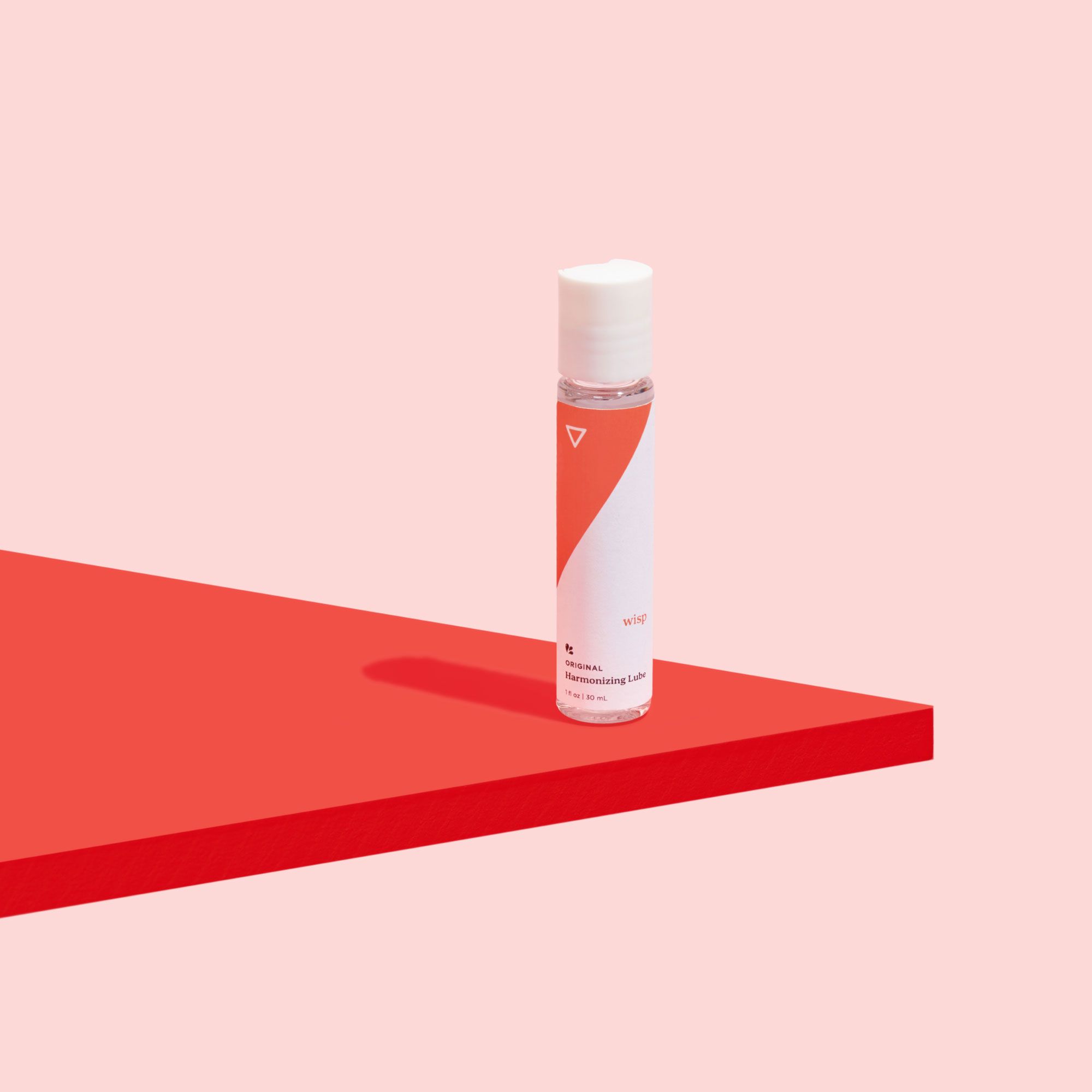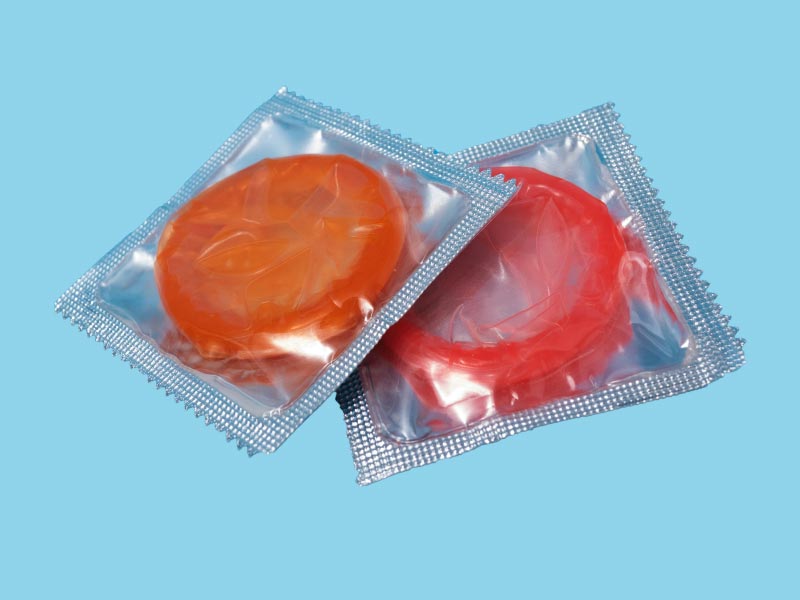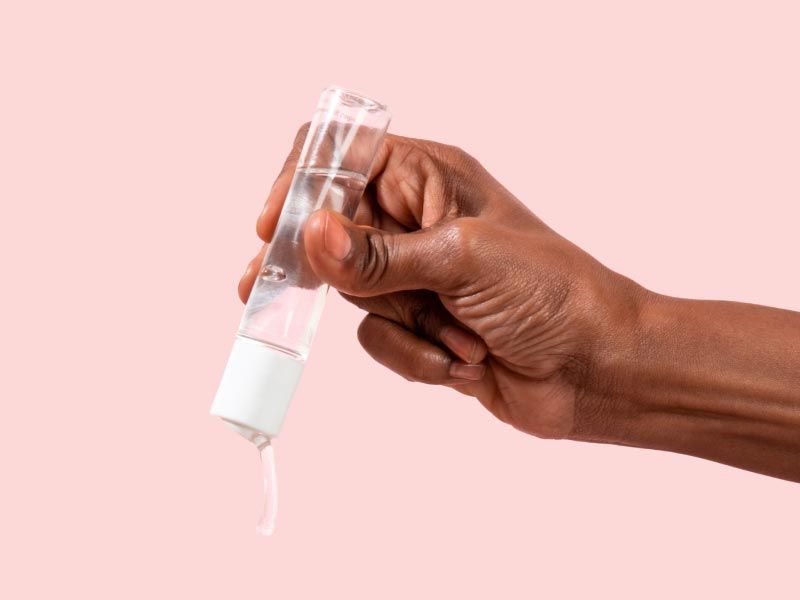
What Causes Painful Sex,
and What Treatments are Available?
By Lizzie De La Cruz
August 23, 2024
People today are all about a holistic approach to health and well-being, and that includes having a healthy, safe, and enjoyable sex life. But what happens when intercourse is painful to the point where we can’t enjoy it and may even be avoiding it?
Medically known as dyspareunia, research indicates that 10 to 20 percent of U.S. women suffer from recurring and persistent pain during sexual intercourse. This can present itself as superficial or deep pain during sex, burning, irritation, or dryness. It’s not enough that these women are robbed of the pleasures of sex—it can also affect their mental and physical health, their relationships, body image, and their efforts to conceive children. When problems like painful sex affect us, knowledge is power, and it’s the first step in finding solutions that can help. The most common causes of painful sex include vaginismus, vulvodynia, inadequate lubrication, postpartum dyspareunia, and vaginal atrophy. Once the issue is identified, treatment may include lubricants, estrogen creams, vaginal moisturizers, pelvic floor physical therapy, or surgery. Whatever the issue, there’s no need to go another day missing out on the health and wellness benefits of pain-free sexual intercourse. So if you’ve been wondering, “Why does sex hurt all of a sudden?” know that you’re not alone, and there are treatments that can help!
Vaginismus—involuntary pelvic floor contraction
The involuntary pelvic floor muscle contraction formally referred to as vaginismus brings all kinds of sexual headaches. Pain, anxiety, and/or penetration issues all indicate this may be the issue that is causing intercourse to be less than enjoyable.
If that’s not frustrating enough, the condition can last six months or longer. When vaginismus strikes, therapy often includes pelvic floor physical therapy as well as low-dose Botox injections, which have most recently shown great promise in tackling this issue.
Vulvodynia—a pain that burns for no good reason
You might be familiar with the uncomfortable burning sensation of a UTI. Well, vulvodynia is typically described as a burning pain that has no known associated reason. When unprovoked, sufferers say that its burning pain is essentially continuous. It can also be a provoked burning sensation brought on by intercourse or by inserting a tampon. It’s easy to see why vulvodynia would cause deep pain during sex and leave you searching for solutions.
In many cases, vulvodynia has been associated with psychiatric issues, including depression and anxiety. The worst part is that experiencing the symptom of vulvodynia may, in turn, put women at greater risk of feeling depressed or anxious, perpetuating the issue. Thankfully, there are treatments available to ease the pain of vulvodynia, including amitriptyline and lidocaine ointment. When these don’t do the trick, vestibulectomy is an effective treatment.
Inadequate lubrication—the dryness discomfort
When our bodies fail to produce adequate lubrication, friction in the vagina may cause trauma to the vulva and the vaginal walls—aka the epithelium. This can sometimes progress to the point of becoming chronic vaginal dryness. Vaginal dryness can occur in women of all ages and common causes of dryness include:
- Hormone changes from childbirth, breastfeeding, or menopause
- Medications like anti-depressants, antihistamines, or birth control pills
- Medical conditions such as diabetes or autoimmune disorders
- Medical treatments such as chemotherapy or oophorectomy (ovary removal)
When dealing with dryness, pain during sexual intercourse can be attributed to the inability to maintain sufficient lubrication and swelling in response to feeling sexually excited. The causes of this response are many and include dissatisfaction in a current relationship, a negative body image, fear, sexual abuse or trauma, and even personal beliefs around sex that tend to be restrictive.
In addition to emotional causes, there may be an underlying physical issue, such as hormonal imbalance, vascular, neurologic, or iatrogenic – chemical in nature – issues. The good news is that, in most cases, chronic vulva and vaginal dryness is easily treatable with vulva moisturizer, vaginal lubricant, vaginal moisturizer, or estrogen cream. More on this below!

Estradiol Vaginal Cream
Starting at $20
A hormonal cream that soothes vaginal dryness caused by menopause, or during postpartum, especially with breastfeeding.

Non-Hormonal Vaginal Moisturizer
Starting at $60
Hormone-free moisture for all life stages, including breastfeeding, postpartum, and menopause.

Vulva Coco Cream
Starting at $15
Keep your bikini line silky smooth with our all-natural, fragrance free intimate moisturizer.

Original Harmonizing Lube
Starting at $10
Silicone-based to reduce friction and make sex easier, more pleasurable, and more fun.
Postpartum dyspareunia
Postpartum dyspareunia is one of the more common, and under-reported, disorders responsible for pain during sexual intercourse. In fact, up to 60 percent of women experience this issue during the first three months after vaginal delivery. Causes can include the stretching and lacerations that often occur during delivery, as well as undergoing an episiotomy. Decreased estrogen levels associated with breastfeeding can also be the culprit in this case, and cause deep pain during sex to continue. Again, lubricants and vaginal moisturizers can offer a great relief and are often the first go-to while women wait out the issue. In critical cases, surgical perineoplasty revision can also eliminate the issue.
Vaginal atrophy, an estrogen issue
As many as 50 percent of postmenopausal women will experience dyspareunia as a result of vaginal atrophy. When estrogen levels drop, symptoms may include thinner, dryer, and less elastic vaginal mucosa, lost vaginal rugae, irritation, and a shorter, narrower vagina. While women have long suffered this condition in silence, it’s actually highly treatable with estrogen preparations, including estrogen creams, rings, or tablets that can drastically reduce uncomfortable symptoms.
Treatments for deep pain during sex
As we mentioned, women of all ages can suffer from vaginal dryness that makes sex painful and uncomfortable. The good news is you can absolutely treat vaginal dryness in a few different ways. Treatment options for pain during sexual intercourse caused by vaginal dryness include:
- Vaginal lubricants: If you’re experiencing mild to moderate vaginal dryness, give yourself a little boost with lube. Our Harmonizing Lube is silicone-based and specifically designed to eliminate friction and make sex more comfortable.
- Estrogen creams: Vaginal atrophy and dryness are often the result of a decrease in the body’s estrogen levels, caused by menopause, childbirth, or breastfeeding. Using a vaginal estrogen cream is considered the gold standard of treatment options in these cases. Wisp offers Estradiol Cream to help combat vaginal atrophy.
- Non-hormonal vaginal moisturizers: If an estrogen cream is not recommended, other creams can also help with dryness. Wisp’s Non-Hormonal Vaginal Moisturizer is suitable for women of all ages and can be used as a substitute for estrogen creams, or alongside them.
- Vulva moisturizers: Vaginal dryness is often accompanied by irritation and dryness of the vulva as well. Since estrogen creams and vaginal moisturizers are not for external use, Wisp offers an all-natural Vulva Coco Cream to help soothe and soften dry, irritated skin.
Take the pain out of sex with Wisp
At Wisp, we believe in the health and wellness benefits associated with a healthy sex life. We also believe everyone deserves discrete access to the treatments they need to make sex the best experience it can be. With Wisp, you can connect with a provider online for for reproductive care, ask questions, and order a local prescription online for same-day pick up when orders are placed during regular operating hours.* That includes treatments for pain, dryness, genital inflammation, irritation, and more. Don’t suffer from pain during sexual intercourse for one more day.
*Most prescriptions are sent to your pharmacy within 3 hours of completing your medical intake form and phone call or video chat when necessary.


